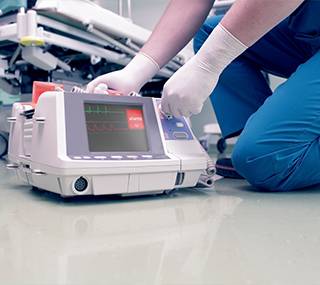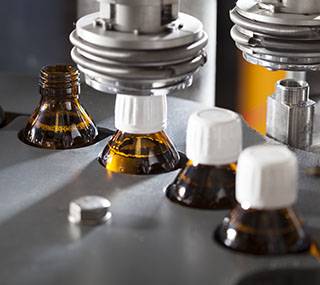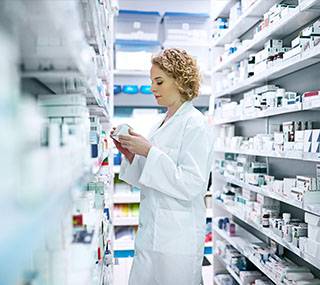Monitoring medical devices and other products
As per European regulations, national authorities are responsible for medical device and in vitro diagnostic device market surveillance.
The aim of ANSM’s evaluation and market control activities for medical devices is to ensure the safety of patients and users.
Market surveillance encompasses the centralisation and assessment of reports of incidents liable to occur when using devices. This is referred to as medical device vigilance for MD and reactovigilance for in vitro diagnostic devices.
Market surveillance is not confined to processing vigilance data. Like any European competent authority, ANSM may inspect the conformity of a device at any time. As such, ANSM looks at devices outside the context of identified incidents through:
- Manufacturers’ notices to ANSM of market launches;
- Clinical trial and advertising approval applications;
- Questions received from healthcare professionals, patients, manufacturers, or other authorities;
- Referrals from third parties;
- Data and information originating from the market or publications;
- Laboratory controls.
ANSM may also conduct manufacturer inspections, both in respect of practical industrial aspects, and the organisation in place to address incident reports.
In the event of non-compliance, ANSM has the authority to order the manufacturer to take the necessary corrective measures. It may notify the notified bodies and other competent authorities.
Where applicable, it may take measures suspending or banning the devices. Finally, a financial sanction system may also be implemented.
Identification of MDs and IVDMDs on the market
Each year, ANSM tracks the arrival of new medical devices on the market.In addition to French manufacturers of class I devices and custom-made devices, which are required to submit a compulsory declaration of their activity, manufacturers, agents, and distributors of devices belonging to other classes must also notify ANSM.
This notification prior to the market release in France provides information on the devices used in the country, as well as the market players. It is important in the context of any market surveillance activities that ANSM may be required to undertake.
For IVDMDs, this declaration by French manufacturers is mandatory, regardless of the class of the product.
Quality control of radiation-emitting medical devices
Quality control of medical devices is designed to ensure that medical devices maintain their performance throughout the duration of their use.This control may be applied to all medical devices as soon as they are included on a list approved by ANSM’s Director General.
Initially it was decided to conduct this control on medical devices emitting ionising radiation. Approximately 60,000 devices, currently in service in France, are concerned.
Quality control methods have gradually been set by ANSM, which currently relies on 13 accredited independent bodies responsible for verifying on-site compliance with the control standards defined by ANSM. Seventy accreditations were valid at the end of 2019.
Furthermore, supervisory bodies and users must report any non-conformities observed during quality controls to the ANSM. In the event of a serious non-conformity, ANSM notifies site operators of the need to cease activities until they are brought into compliance.
In 2019, 923 non-conformity reports were received and processed by ANSM.
National quality control programme
The National Quality Control programme for medical biology tests is an external assessment of the quality of the tests performed by each of the 800 medical biology laboratories operating in France. This quality control programme makes it possible to assess the individual performance of each laboratory and the overall performance of the laboratories surveyed with respect to the performance of a test. It also makes it possible to monitor the in vitro diagnostic medical devices used in laboratories.Control over MD and IVDMD advertising
The medical devices for which advertising is authorised, and advertising control methods vary according to:- the target of the advertising (general public or healthcare professionals);
- the type of medical device (MD) or in vitro diagnostic medical device (IVDMD).
This prior control applies for:
- the advertising of certain MDs representing a significant risk for human health (Article L.5213-4 of the French Public Health Code);
- the advertising of certain IVDMDs, the failure of which is liable to cause a serious health risk (Article L.5223-3 of the French Public Health Code).
Advertising approval is granted for 5 years, subject to CE marking certificate validity.
Retrospective control applies for advertisements promoting other MDs and IVDMDs (within the framework of monitoring).
ANSM bases its control according to compliance with the following criteria (articles and L.5213-2 and L.5223-2 of the French Public Health Code):
- an objective presentation of the MD/IVDMD (particularly with regard to its CE marking certificate) that promotes its proper use;
- the advertising must not be misleading, or pose a public health risk.





